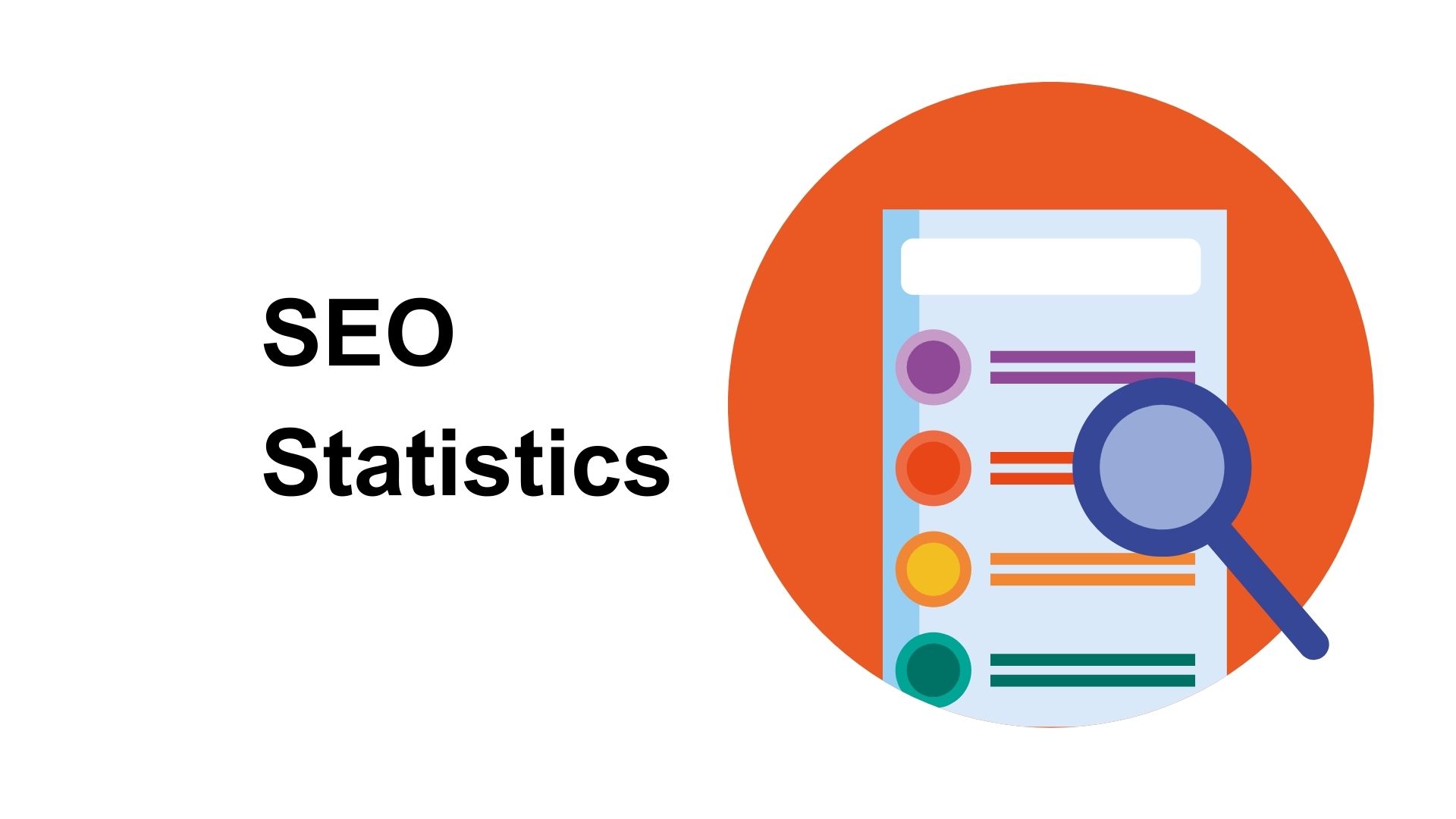Study: Consumers Will Buy CPG Online
Web users are likely to purchase consumer packaged goods online, despite well-publicized horror stories from outfits like Webvan and Peapod.com — according to a study from Information Resources, Inc.
Between November 2000 and February 2001, about 8,000 primary shoppers were surveyed by Harris Interactive for Chicago-based IRI, while PERT Survey Research interviewed more than 75 CPG manufacturers and e-tail executives.
According to the findings, consumers are willing to purchase CPG products — like cleaning supplies, health and beauty aids, and food — on the Web. Twenty-three percent of online consumers have made an online CPG purchase already, and 99 percent of those plan to maintain or increase their spending levels over the next year.
The results are contrary to online advertising industry conventional wisdom, which holds that CPG efforts at online marketing should necessarily have a branding focus, because consumers are unlikely to buy these products online.
The study also found that while only 12 percent of online CPG shoppers currently spend more than 25 percent of their budget online, the study said that figure is expected to increase to 35 percent by the end of the year.
Despite this willingness on the part of Web shoppers to purchase CPG products, e-tailers have a severe misunderstanding about online consumer needs that's presumably limiting their sales.
In one example, more than half of the consumers polled in the study said they didn't shop online for CPG products because of delivery costs and the inability to review products in person. But only around 20 percent of CPG e-retailers said they considered these factors to be "significant" consumer concerns.
Similarly, 36 percent of e-retailers said the main reason behind consumers' reluctance to shop online was a lack of trust of the seller — while only 11 percent of consumers considered this a problem.
Furthermore, 64 percent of consumers said they do shop for CPG products online because they can "shop any time of day" and 47 percent do so because it "saves time," while only 55 percent and 36 percent of CPG e-retailers, respectively, thought these factors were important.
Such fundamental misconceptions about what online shoppers want and need suggests that CPG e-tailers essentially are blowing an sales opportunity through misguided marketing and research.
Those conclusions contradict the findings of several troubled e-tailers, like Webvan and Peapod.com, which have said they're seeing lower-than-expected consumer demand for their CPG-focused services. Earlier this month, Peapod.com reduced its delivery area, while Webvan last month announced layoffs and said that it is seeking $25 million to continue its business.
"The online market for consumer packaged goods has strong growth potential," said Brian Murphy, a partner at IRI's e.Ventures unit. "We found broad consumer trial, high customer satisfaction, optimism for increased spending and positive word-of-mouth advertising. That's a great foundation."
"Now e-retailers must find a financially viable business model and gain a better understanding of what motivates consumers to change their shopping behavior from offline to online," Murphy added.
The mistakes of online CPG retailers are not only dogging their sales efforts currently, but they represent a hindrance to future growth, according to the study. For one, less than 25 percent of e-tailers provide consumer purchase data, promotional tracking data or consumer research to manufacturers — information that's essential to manufacturers' understanding of how to effectively leverage an online sales channel.
Conversely, CPG manufacturers aren't making things easier for their retailers: less than a third of them provide e-tailers with the research, direct sales force and promotional support typical in an offline relationship.
"Given the newness of the online CPG channel, the sharing of data and consumer insights between e-retailers and CPG manufacturers is critical to driving the sector's growth," Murphy said. "Without the research, sales support and category management assistance that traditional retailers receive from manufacturers, it will be difficult for ‘pure play' e-retailers to compete — especially when they also have to change consumers' shopping behavior and overcome the logistical challenges of home delivery."
Reprint from Internet Advertising Report.

